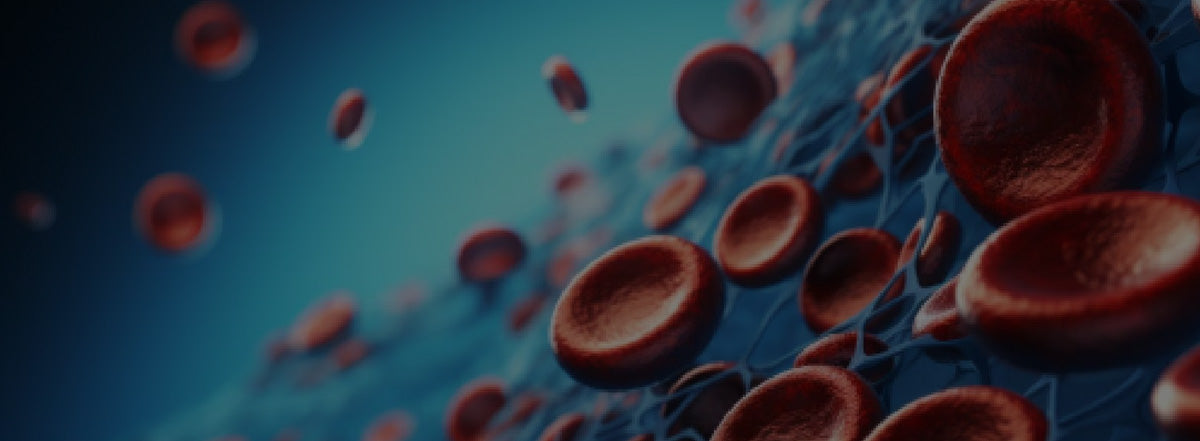Piles (Arsha) is described in Ayurveda as a fleshy growth (Mamsa ankura) occurring in the anal region (Guda Pradesh) due to the vitiation of Tridoshas—primarily Vata, with the involvement of Pitta and Kapha. These doshas, when aggravated, disturb the functioning of Apana Vayu, leading to improper evacuation of stool (Mala), resulting in swelling in the anal canal that causes pain, itching, bleeding & discomfort during defecation. The vitiated doshas affect Skin (Twak), Muscle (Mamsa), Fat (Meda), and Rakta dhatu (Blood), resulting in inflammation or protrusion of mass in the anal region.
Types of Piles (Arsha)
-
Vata Dosha: Leads to constipation, dryness, and strain.
-
Pitta Dosha: Involved in bleeding piles with burning, inflammation, and pain.
-
Kapha Dosha: Leads to heaviness, mucous discharge, and prolapsed mass (especially in non-bleeding piles).
Causative Factors (Nidana)
-
Dietary: Viruddha āhāra (incompatible food), Ajīrne bhojana (eating before digesting previous meal), Adhyāśana (overeating), Rātri bhojana (late night meals), dry/spicy/stale foods.
-
Lifestyle: Lack or excess of exercise, Divāsvapna (day sleeping), Rātri jāgaraṇa (late nights), suppression of urges, stressful lifestyle.
-
Doṣha Imbalance: Vāta (fasting, dry food, travel), Pitta (spicy food, anger, heat), Kapha (oily food, lethargy), Tridoṣa (combined causes).
-
Psychological: Anger (Krodha), Fear (Bhaya), Grief (Śoka), Anxiety (Cintā) aggravate doshas and contribute to onset.
Signs & Symptoms
-
Pain in the anal region (Guda Shoola)
-
Bleeding from the rectum (Rakta Srava)
-
Sharp or pricking pain in the anus (Teevra Shoola)
-
Swelling and inflammation around the anal region (Guda Shotha)
-
Itching and burning sensation (Guda Kandu and Daha)
-
Constipation (Vibandha)
-
Abdominal pain or discomfort (Udarashoola)
Ayurvedic Approach at Aimil Healthcare
We treat Piles (Arsha) by balancing the aggravated doshas, restoring digestive fire (Agni santulana), and eliminating nidana (causative factors) through holistic Ayurvedic protocols. The focus is on long-term relief via palliative therapies, Panchakarma, dietary planning, and lifestyle regulation.
Dietary Regime (Āhāra Chikitsa)
-
Consume light, fiber-rich food for smooth bowel movements.
-
Avoid spicy, oily, stale, or heavy foods that can worsen the condition.
-
Drink warm water (Ushnodaka) regularly to aid digestion.
Lifestyle Recommendations (Vihāra Chikitsa)
-
Practice yoga asanas like Pawanmuktasana, Bhujangasana, Setubandhasana to improve digestion and circulation.
-
Avoid prolonged sitting or standing, which can increase pressure on the veins.
Panchakarma Therapy (Shodhana Chikitsa)
-
Virechana (Purgation): Beneficial in Pitta-dominant piles to clear heat and inflammation.
-
Basti (Enema): Recommended in chronic Vata-related constipation and piles.
Palliative Therapy (Shamana Chikitsa)
-
Use of topical herbal oils and pastes to reduce inflammation, pain, and itching.
Ayurvedic Drug Therapy (Aushadha Chikitsa)
-
Internal Medicines: Formulations such as Haritaki, Triphala, Kutaja, and Arjuna help in balancing doshas, reducing bleeding, and improving gut health.
Precautions for Faster Recovery
-
Avoid straining while passing stool.
-
Never suppress natural urges like defecation or urination.





